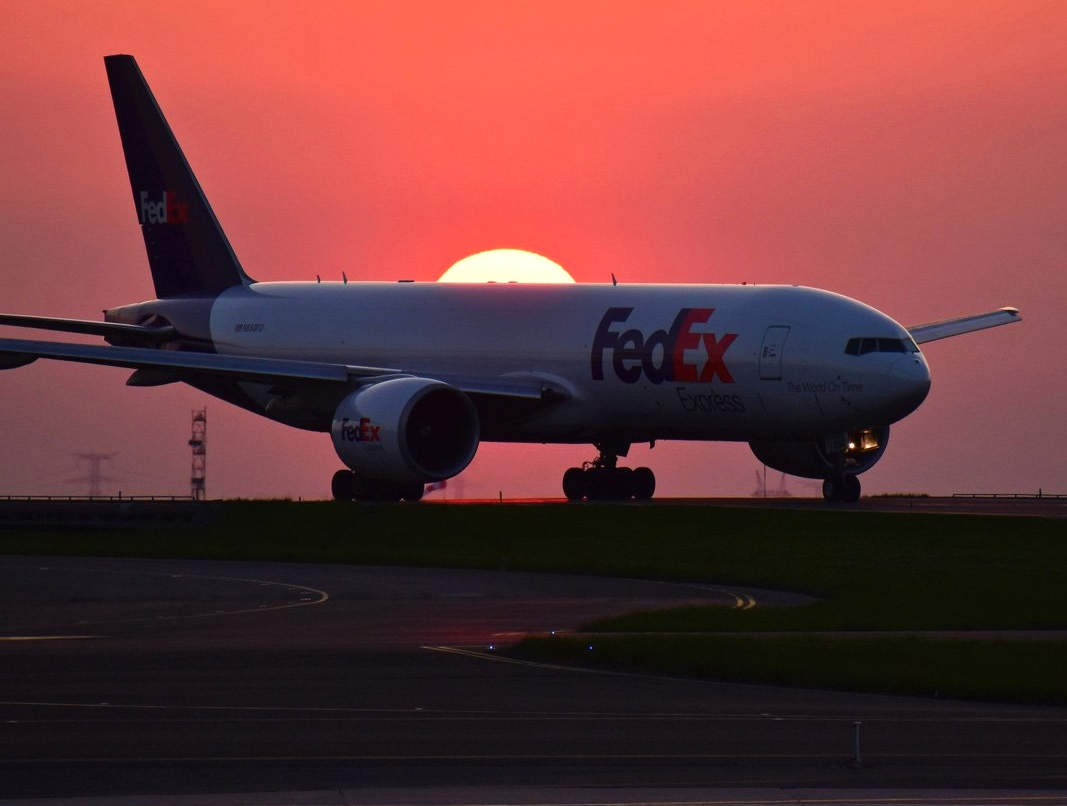FedEx presented results for the Q2 2020. They are disastrous. The management of the company did not even try to defend them. “We are here the bottom,” admitted Alan B. Graf Jr., the company’s CFO.
Revenues amounted to $17.3 billion and were 500 million lower than a year before (and as much lower than analysts’ expectations). This deviation is a trifle compared to the operating profit ($684 million), which was half that of the previous year, and the net profit, which amounted to $660 million compared to $1.08 billion in the same period last year. Operating margin dropped from 7.5% to 3.9%.
The main reason for such a poor performance is the rising, and poorly-estimated, costs. In order to keep up with the expectations of the dynamically developing e-commerce sector, FedEx introduced in May 2019 a seven-day delivery of shipments, as well as handling large and non-standard consumer packages.
Amazon’s actions have influenced FedEx results
In June, Amazon did not extend the contract for express air shipments with FedEx, and two months later the cooperation between the two companies for ground deliveries also ended. In addition, a few days prior to the announcement of the above financial results, Amazon prevented (for the time being on a temporary basis) third party vendors using its platform (they account for 58% of sales) from using FedEx services for Prime shipments. This was explained by the fear of timely delivery during the holiday season.
At the same time, Amazon is building its own logistics facilities, becoming a direct competitor for FedEx.
The endless integration with TNT (taken over by FedEx in 2016 for $4.8 billion), scheduled for the next two years, also contributed to the poor result. The slowdown in the industry, with a drop in international air transport and a drop in the volume of domestic B2B shipments, has also not helped.
FedEx states that it has no plans to make any major job cuts or withdraw from seven-day parcel delivery for the time being. It will focus on overall cost optimisation and reduction of air operations. It also announced increases in rates (4.9-5.9%, depending on the region) from January 2020.
It seems that paradoxically, with the growing demand for transport (additionally driven by e-commerce) and a good economic situation, achieving a good result is not necessarily obvious even for giants like FedEx. The biggest challenge for the industry in the coming year may be process optimisation leading to cost reduction. A significant role in this process will surely be played by new technology solutions, allowing to achieve greater productivity of businesses without significantly increasing their resources.
Photo: FedEx/ Twitter











